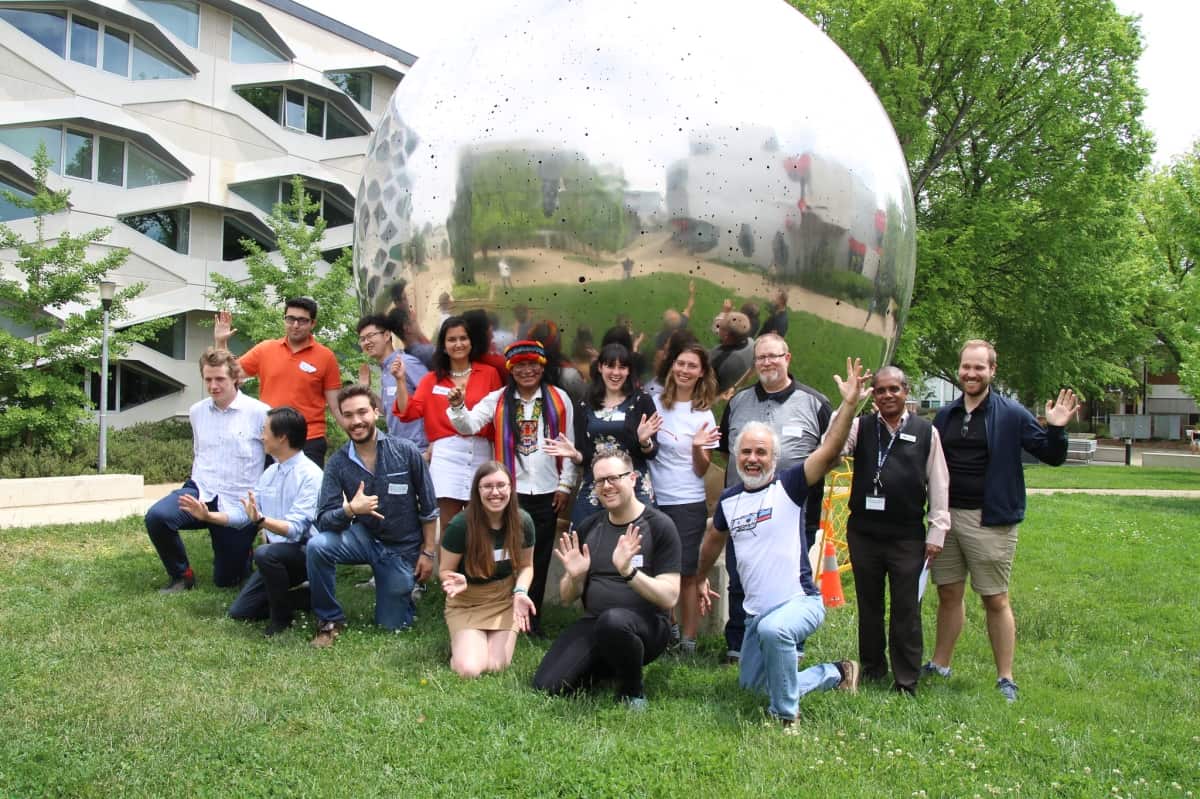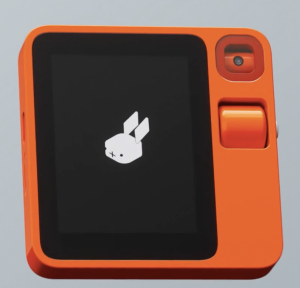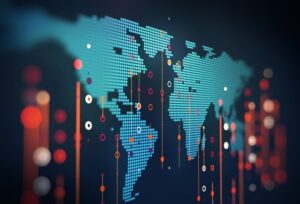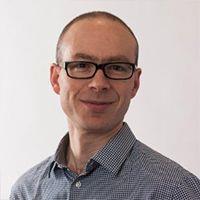As part of the World Summit on the Information Society (WSIS) Forum 2020, co-organized by the UN agencies ITU, UNESCO, UNDP and UNCTAD, the Group on Earth Observations (GEO) hosted an interactive webinar to bring together experts working to build an inclusive global Digital Ecosystem for Earth.
A Digital Ecosystem for Earth is a global initiative combining openly available Earth science data with the ongoing digital revolution to drive a transformation towards global sustainability, environmental stewardship, and human well-being. By mobilizing hardware, software and digital infrastructures together with Earth observations and data analytics, the initiative generates dynamic, real-time insights that can power decision-making to achieve collective sustainability for people and the planet.
In the context of the recent announcement from the United Nations’ Secretary-General’s High-Level Panel on Digital Cooperation, the WSIS Forum session featured a roundtable discussion where panelists had a frank and open conversation about what is needed to fully realize the vision to build an inclusive digital ecosystem.
From connecting insights to establishing safeguards
In building this new digital ecosystem, an inclusive approach that works together with public, private and civil society is needed to ensure that data and decisions are rooted in equitable and inclusive dialogue with the communities that they aim to benefit.
At the heart of the debate, David Jensen from UNEP explained the process of in-depth and ongoing consultations with over 100 different colleagues from the public and private sectors that have helped to shape the concept of a Digital Ecosystem for Earth.
“Basically, it’s three big ideas,” said Mr. Jensen. “The first is how can we start to connect all of the data and the digital technologies that are now held by the public and private sectors, so they can generate real time insights about the health of the planet at any scale. So it’s the connection and the generation of insights. The second big idea is then taking these insights and embedding them directly into the code and the operating system of the digital economy so they can really inform and transform markets, consumer behaviors, supply chains and public policy. And then the third big idea is really establishing safeguards and business models for governing this digital ecosystem and the digital public goods that are being created through these partnerships.”
Making data governance more human
Data governance is a key topic in the digital revolution and attempts to answer the questions: whose data is used and trusted, who has access and how best to ensure that the big data revolution does not further entrench existing inequalities. Caleb Behn from the Assembly of First Nations Canada brought a unique perspective to the discussion based on his work with Indigenous communities and his critique of current data approaches. Mr. Behn highlighted the need to be inclusive of different data sources and not to rely on “disproportionately large influential stakeholders” but to garner data and insights from diverse communities.
To help shape future efforts, Behn asked: “How do you bring spirit to data?” This question aims to infuse a human element into digital infrastructure. It is not simply the technology itself that will bring about changes, but how the data impacts different peoples and lives it touches. It is about accountability, transparency and inclusion when we build these infrastructures and digital policies.
In addition to the gaps related to connectivity, Dr. Erica Key, Executive Director at the Belmont Forum, outlined other existing gaps that need to be addressed, including open data and language used within the various data communities.
“There is a lot of data. But there are a lot of gaps as well and some of the gaps are just related to accessibility. Some critical data is behind a paywall or is not open and some of it is just very hard to source, particularly in urban areas where you would really need to integrate this data for maximum impact,” Key explained.
She also noted another major challenge revolves around language, advising us not to create unnecessary walls when engaging with diverse stakeholders. “The other challenge is the lack of connectivity between many stakeholder groups and what we call ‘data’,” said Key. “Maybe we should just call it ‘information’ or ‘knowledge’ to make it something that is more human, more attractive to citizen science groups and community-based monitoring efforts and other activities that would perhaps source information in these data gaps…the vocabulary divide there, a lot of the jargon that we use is simply not attractive [nor] accessible to policymakers, funders, smallholder associations and businesses,” she said.

Ensuring an inclusive planetary digital ecosystem
The existing digital divide in terms of infrastructure is also still prevalent worldwide. This presents a barrier to participation in building and benefiting from the Digital Ecosystem for Earth for the planet’s 3.6 billion inhabitants currently without internet access. Such inequality hampers the project’s ability to include people who are not currently online or who face connectivity problems. Jillian Campbell from the United Nations Convention on Biological Diversity brought home the point of basic access to quality internet connections as a persistent barrier to participation.
“My internet is spotty and I’m in a situation where I’m paying a lot for it. I know that other people who are living in Kenya, which is where I live, are really constrained by internet access,” explained Campbell. “And especially if you’re trying to run these big algorithms, where you have to have constant connectivity over a 24-hour period of time, this is a barrier.”
Despite these many and often persistent barriers, the work to build an inclusive digital ecosystem is already underway. Conversations like the ones held at WSIS Forum are helping to build an equitable knowledge society and are rooted in the inclusion of marginalized communities to help build a better digital world – while continuing to benefit the world we live in.
Based on the WSIS Forum discussion, the following priorities have been identified:
- Ensure that no one is left behind in building a digital ecosystem – this includes all ethnicities, races, genders, etc.
- Improve public and private sector buy-in around the need for a digital ecosystem that can underpin environmental analysis and decision making.
- A digital ecosystem should not be seen as a centralized system, but as a way to connect data, promote data standards, identify gaps and stimulate open data and algorithms while protecting privacy.
- Use COVID-19 as an opportunity to move forward – and work to ensure that the digital divide narrows, and that environmental protection is strengthened (keeping in mind that COVID-19 is also a risk factor for both of these).
A Digital Ecosystem for Earth builds on ongoing work by the United Nations Environment Programme and scores of collaborators including grassroots organizations, international organizations, academics, and the private sector (learn more about the vision here, the priorities here and the processes here).
Importantly, the Internet Governance Forum has made environment one of the key themes for the annual meeting to be held in November. This will be a critical opportunity for stakeholders in the internet governance space to forge a common vision for digital environmental governance. There is also growing interest in the idea of building an SDG 18 on sustainability and digital governance.
For more insights into the conversation, view the recording on the WSIS Forum website here.
Follow the work of the GEO Secretariat here.
Source of Article



